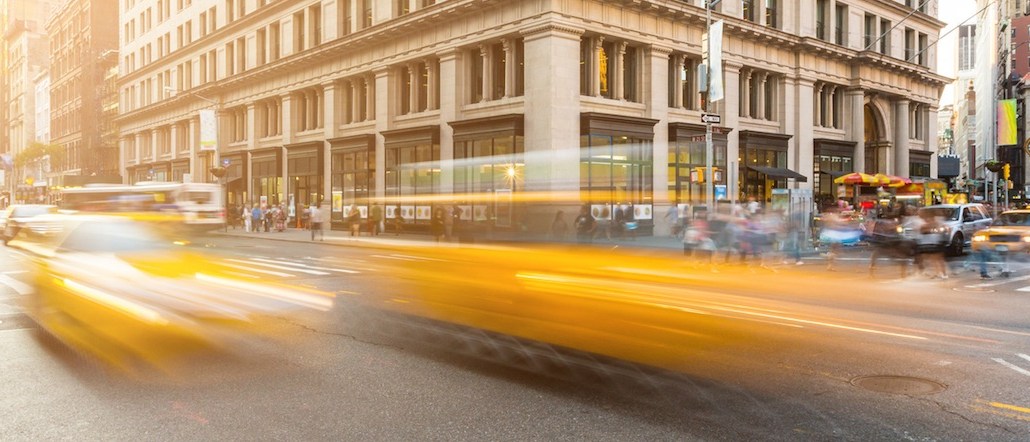Secure your place at the Digiday Publishing Summit in Vail, March 23-25

It’s a quirk unique to the media and marketing industries that work starts somewhere around 9:30 a.m.
At iCrossing, for example, many work from home in the morning, squeeze in a gym session, then walk in, around 10 or so, said David Santos, chief talent officer at iCrossing. Companies imposing traditional work hours run the risk of not being able to attract the best talent, he pointed out. At Huge, the official door-open time is 9:30 a.m. But there’s an unofficial “it doesn’t matter as long as you get shit done rule,” according to head of communications Sam Weston. And at most agencies, long breakfasts are the norm, with most people strolling in after 9:30 a.m.
In part, this comes down to the fact that many agencies are staffed by “creative” types, who “need to work when it’s best for them to work,” said Santos. “It’s part of the creative process to allow flexibility.”
Agencies also tend to be heavily staffed by younger talent, more amenable to a late-night work culture followed by drinks, said one executive. Like in publishing, deadlines can be punishing and tend to happen after blocks of time. That means work is often pushed until the last possible minute in an effort to make it the best. And once a project is wrapped, it’s time to celebrate.
“We start late because we drink a lot,” said one account manager who declined to be named. “And we have a bar in the office. If they want us to come in early, they should get rid of that.”
Even though later starts may be relatively acceptable, there are signs they aren’t completely smiled upon. At least two major agencies asked to comment for this article declined, saying they “don’t want this to come off the wrong way to clients.”
There are exceptions to this rule. In some respects, it’s a coastal thing: For a social strategist who works out of an agency’s Connecticut office, it’s a city phenomenon. This strategist, who declined to be named, said the New York City office of the agency gets going later, but her office sticks to an 8 a.m. start. “Maybe it’s because everyone in New York has long commutes,” she said.
And because they start earlier, agencies outside of the New York and California tend to end their days earlier, too. “I think the culture in the Midwest is where people get in earlier, then have commutes home, so more of that happens,” said Santos.
There are also signs that the tide might be turning as senior talent chips away at late-start culture themselves. At TBWA/Chiat/Day New York, for example, breakfast is offered at 8:30 a.m. until about 9:15 a.m., a move by CEO Rob Schwartz when he started at the agency to encourage people to come in.
Aki Spicer, chief digital officer at TBWA/Chiat/Day, comes in early — sometimes as early as pre-dawn. “A pre-day empty office is my golden time.” And finding quiet time in the day is impossible — itself an oddity in an industry that merchandises “clear thinking,” as Spicer calls it. “The day runs away on you.”
Being busy — or at least looking busy — is de rigueur in the industry, which is problematic considering that creativity ostensibly needs quiet, unfilled time to really work. But advertising is a classically late-morning game because it’s a late-night and weekend game, said Spicer. “I think creative types also may innately be night-owls. I haven’t done the survey on this, but it just has always seemed as so.”
And in many ways, digital has exacerbated this. Around Davos, the agency had digital teams making content at 3 a.m. because of the time difference. Who’s going to come in early after that?
More in Marketing

‘The conversation has shifted’: The CFO moved upstream. Now agencies have to as well
One interesting side effect of marketing coming under greater scrutiny in the boardroom: CFOs are working more closely with agencies than ever before.

Why one brand reimbursed $10,000 to customers who paid its ‘Trump Tariff Surcharge’ last year
Sexual wellness company Dame is one of the first brands to proactively return money tied to President Donald Trump’s now-invalidated tariffs.

WTF is Meta’s Manus tool?
Meta added a new agentic AI tool to its Ads Manager in February. Buyers have been cautiously probing its potential use cases.








